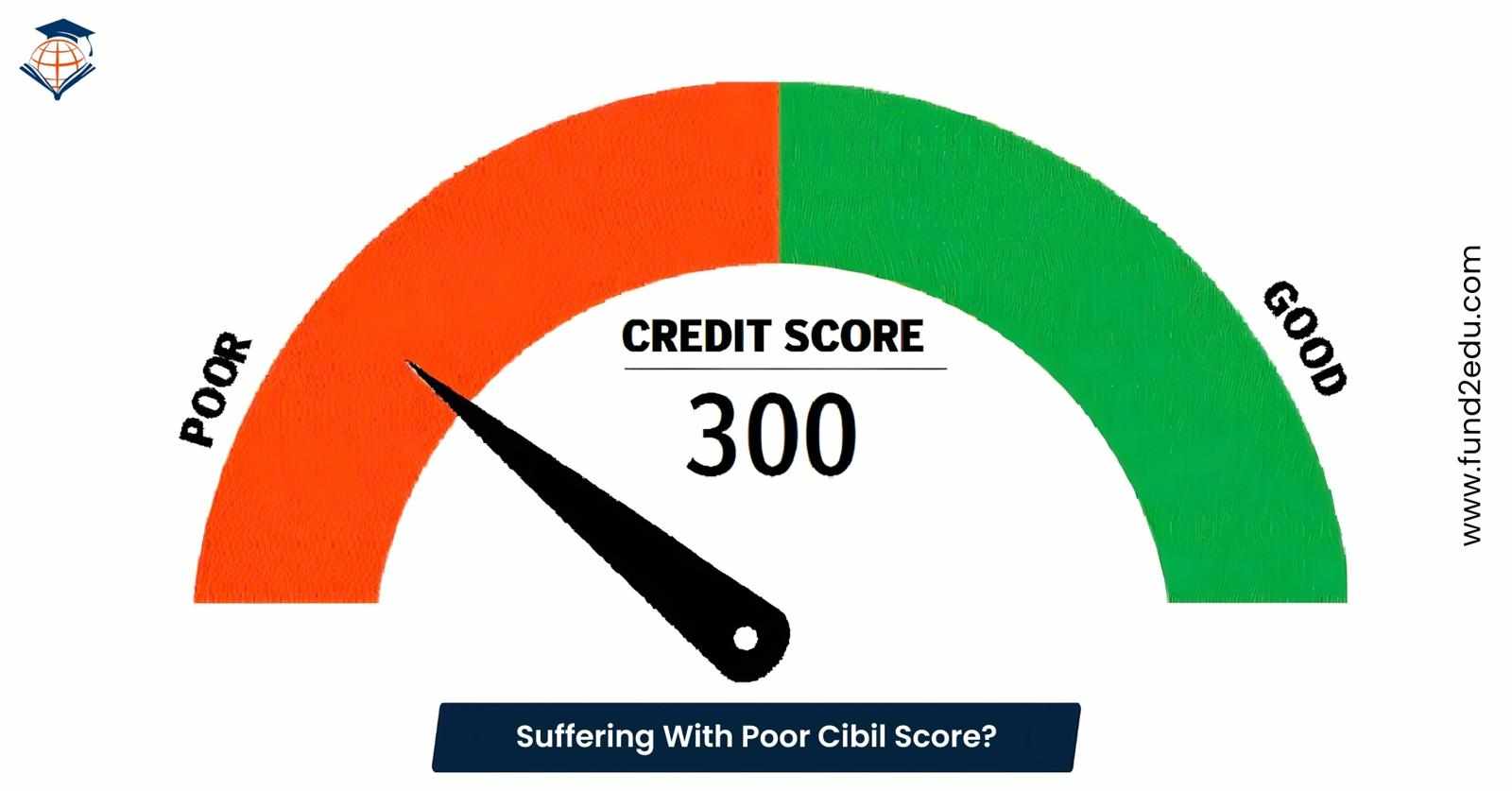
Pursuing higher education abroad is a crucial decision for many students. It offers exposure to attractive cultures, world-class educational facilities and stunning career opportunities. However, the cost can be a significant barrier. An education loan can help bridge this financial gap, enabling students to achieve their academic aspirations. Here's a comprehensive guide on how to secure an education loan for studying abroad.
Understand the Types of Education Loans
Secured Loans
Secured loans require collateral, such as property, fixed deposits, or any other valuable asset. These loans typically have lower interest rates and longer repayment terms. The collateral acts as security for the lender, reducing the repayment risk.
Unsecured Loans
Unsecured loans do not require collateral but generally come with higher interest rates and stricter eligibility criteria. They are riskier for lenders, leading to more stringent credit score and income requirements.
Eligibility Criteria
Eligibility criteria vary among lenders but generally include:
Academic Performance: Consistent academic records and acceptance into a recognized foreign institution.
Age: Usually, applicants should be between 18 and 35 years old.
Course Type: Loans are more readily available for full-time courses such as degrees in engineering, medicine, management, and other professional fields.
Co-applicant: Often, a parent or guardian must co-sign the loan. Their income and credit score can significantly influence the approval process.
Calculate the Loan Amount Needed
Estimate the total cost of education, including:
Tuition fees
Accommodation and living expenses
Travel costs
Study materials
Health insurance
This will help you determine the loan amount you need and ensure you borrow an adequate amount without over-borrowing.
Research and Compare Lenders
Banks
Many nationalized and private banks offer education loans for studying abroad. They often have specialized loan products with competitive interest rates and flexible repayment options.
Non-Banking Financial Companies (NBFCs)
NBFCs can be a good alternative, especially for those who may not meet stringent bank criteria. They offer faster processing times but might have higher interest rates.
International Lenders
Some international lenders specialize in providing loans to international students. These can be a good option if you have difficulty securing a loan from domestic lenders.
Prepare the Necessary Documentation
Documentation requirements may vary, but generally include:
Admission letter from the foreign university
Detailed course fee structure
Previous academic records
Proof of identity and residence
Income proof of the co-applicant
Collateral documents (if applicable)
Passport-sized photographs
Apply for the Loan
Online Application
Many lenders offer online application processes, which are convenient and faster. Fill out the necessary forms, upload the required documents, and submit the application.
Offline Application
Alternatively, you can visit the lender’s branch to submit your application and documents in person.
Loan Processing and Approval
The lender will evaluate your application based on your eligibility, the credibility of the foreign institution, and the course. For secured loans, the collateral’s value will be assessed. This process can take a few weeks.
Disbursement of Funds
Once approved, the loan amount is usually disbursed directly to the university as per their fee structure. Some lenders may also provide a portion of the loan for living expenses.
Plan for Repayment
Grace Period
Many education loans come with a grace period, which is a time frame post-course completion during which you are not required to make loan repayments. This allows you to find a job and stabilize financially.
Repayment Terms
Understand the repayment terms, including the interest rate, EMI (Equated Monthly Installments) amount, and repayment tenure. Ensure you are aware of any prepayment or foreclosure charges.
Conclusion
Securing an education loan for studying abroad involves careful planning and thorough research. By understanding the types of loans, meeting eligibility criteria, preparing the necessary documentation, and choosing the right lender, you can make your dream of studying abroad a reality. Remember, timely repayments can build a good credit score, which will be beneficial for future financial needs. Good luck with your academic journey!




.jpg)








.jpg)






Write a comment ...